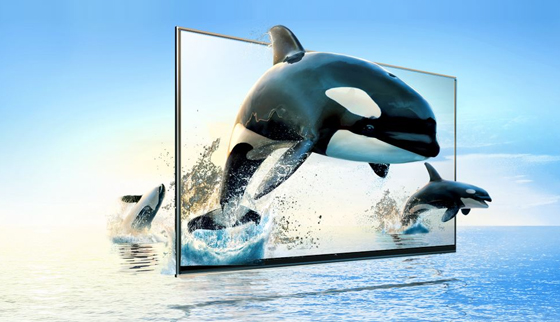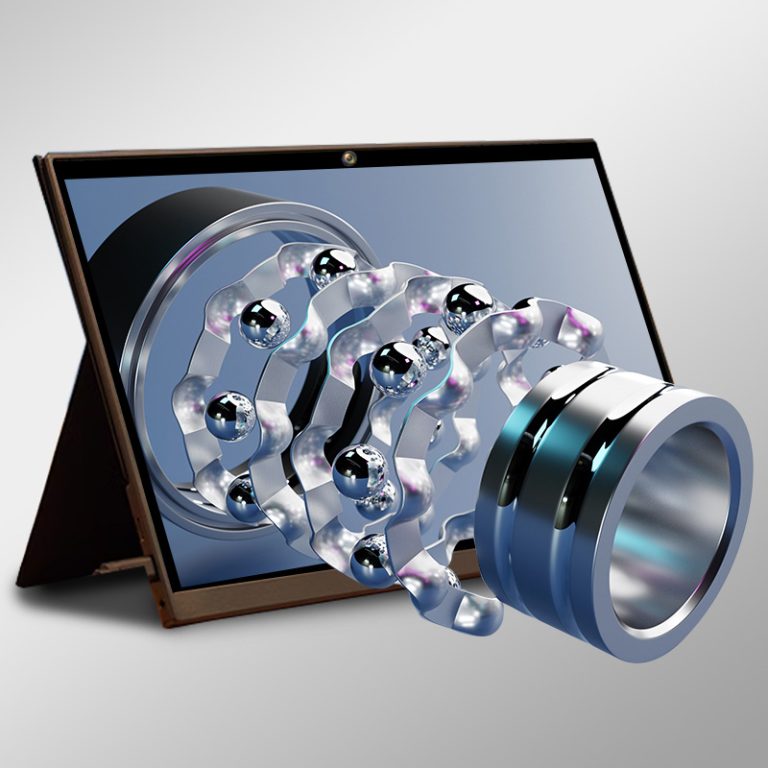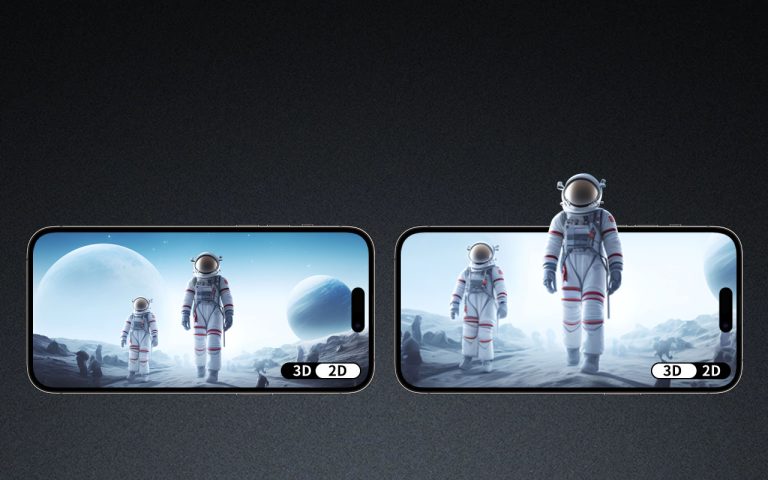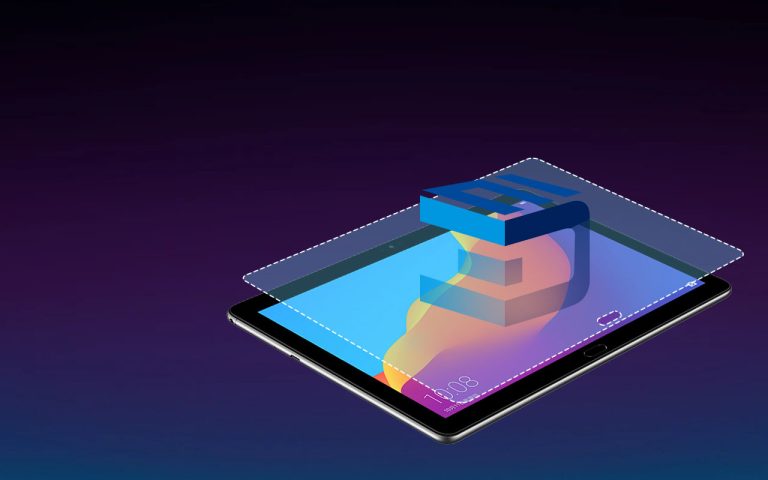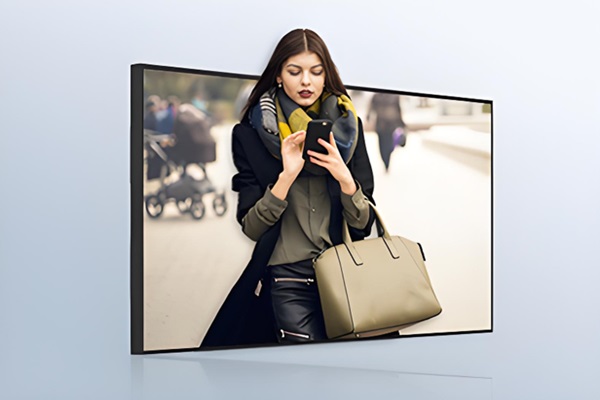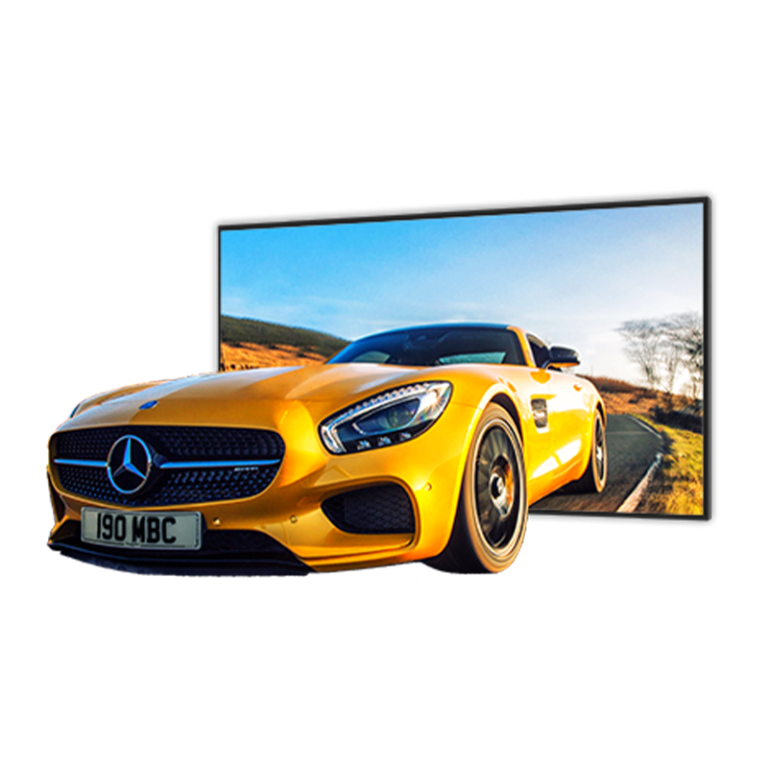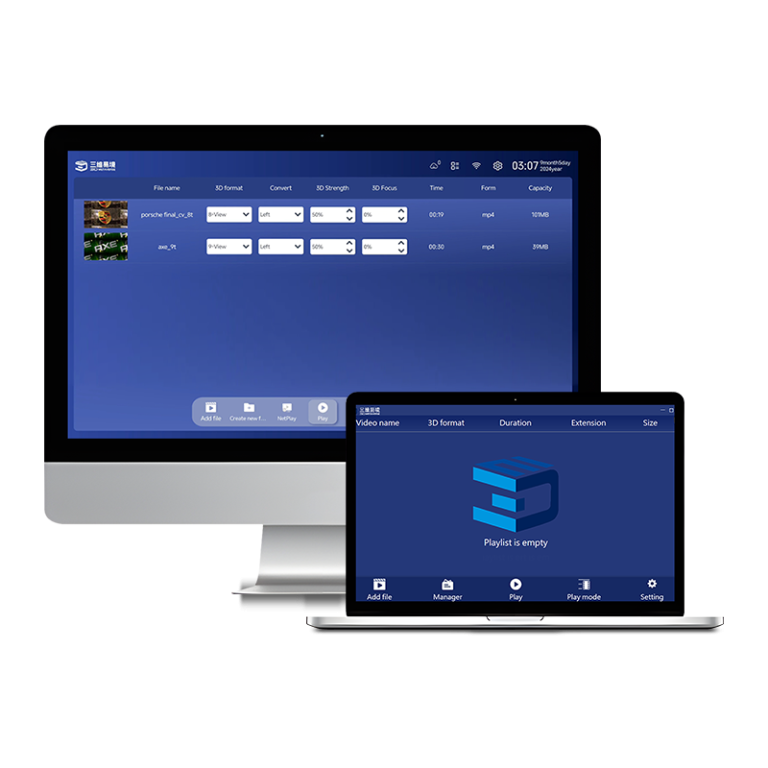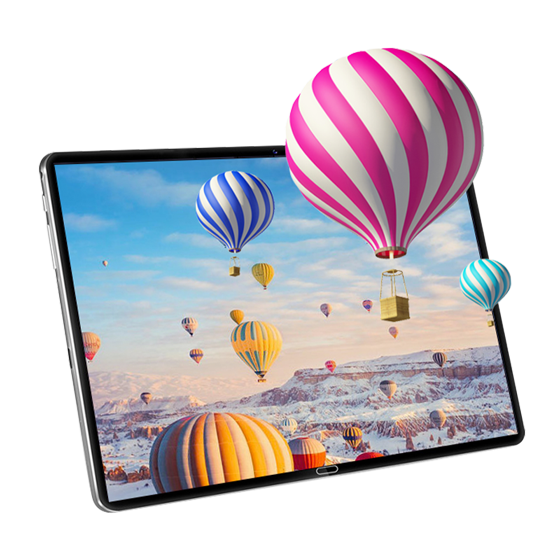News
08/01/2025
When choosing a monitor, one of the most common questions is whether to go with an LCD or an LED display. At first glance, they may seem like entirely different technologies—but the truth is, LED monitors are actually a type of LCD monitor that use LED backlighting instead of traditional fluorescent...
07/30/2025
In the field of optical imaging, two technologies are often discussed when it comes to capturing or displaying images: lens imaging and holographic imaging. While both aim to create visual representations of real-world objects, they differ significantly in principles, image depth, and technical implementation.
Companies...
07/28/2025
Yes, 2D to 3D conversion requires image preprocessing. When transforming a flat image into a dimensional scene, a system needs to infer depth. This process can either happen on-the-fly or be assisted through structured preprocessing. Image preprocessing refers to various techniques applied to an image—such...
07/25/2025
How Lenticular Lens Technology Enables Glasses-Free 3D
The core of glasses-free 3D display technology using lenticular lenses lies in parallax control. A lenticular lens is a transparent sheet made up of multiple tiny lenticular lenses aligned vertically or horizontally. These lenses direct light from...
07/23/2025
Both domestic and international concerts have experimented with innovative visual effects that push the boundaries of stagecraft. Among these, glasses-free 3D screens have become a prominent feature, enchanting audiences and reshaping the traditional notion of live concerts. Recently, a well-known Chinese...
07/21/2025
The Growing Appeal of Glasses-Free 3D Display Devices
From retail environments and exhibitions to educational tools and entertainment platforms, the demand for 3d display device technology capable of delivering lifelike 3D imagery without external accessories continues to surge. Their simplicity and...
07/18/2025
Enjoying 3D content without the hassle of wearing glasses is one of the key attractions of a 3d tablet without glasses. For many users, the ability to transform standard 2D videos and images into immersive 3D experiences unlocks the full potential of their devices. However, achieving high-quality results...
07/16/2025
A striking example of innovation in the tech market is the Nubia Pad 3D II, celebrated as the world’s first glasses-free 3D tablet that merges 5G and AI technologies. This cutting-edge device offers an immersive 3D viewing experience without the need for special glasses and introduces AI-powered features...
07/14/2025
For consumers exploring cutting-edge visual technologies, the 3D display tablet has become a fascinating innovation. Unlike traditional screens, these devices create immersive, glasses-free 3D experiences that are transforming how people interact with digital content. This guide introduces the essential...
07/12/2025
The world of digital advertising is shifting as brands look for more effective ways to engage audiences. Two technologies leading the conversation are the 3D advertising display and traditional digital signage. Each offers unique benefits, but their differences in display effects, audience appeal, and...
No posts found

